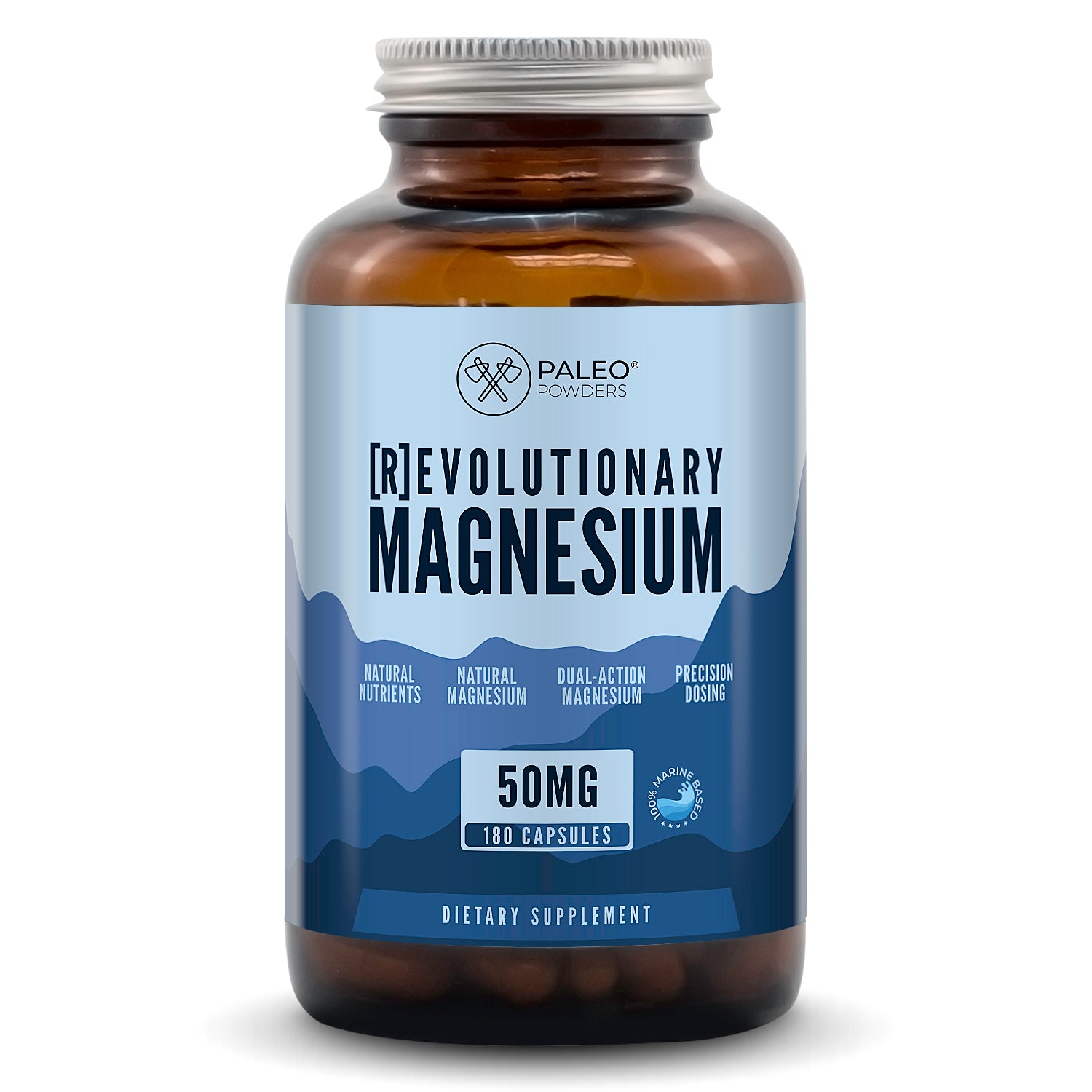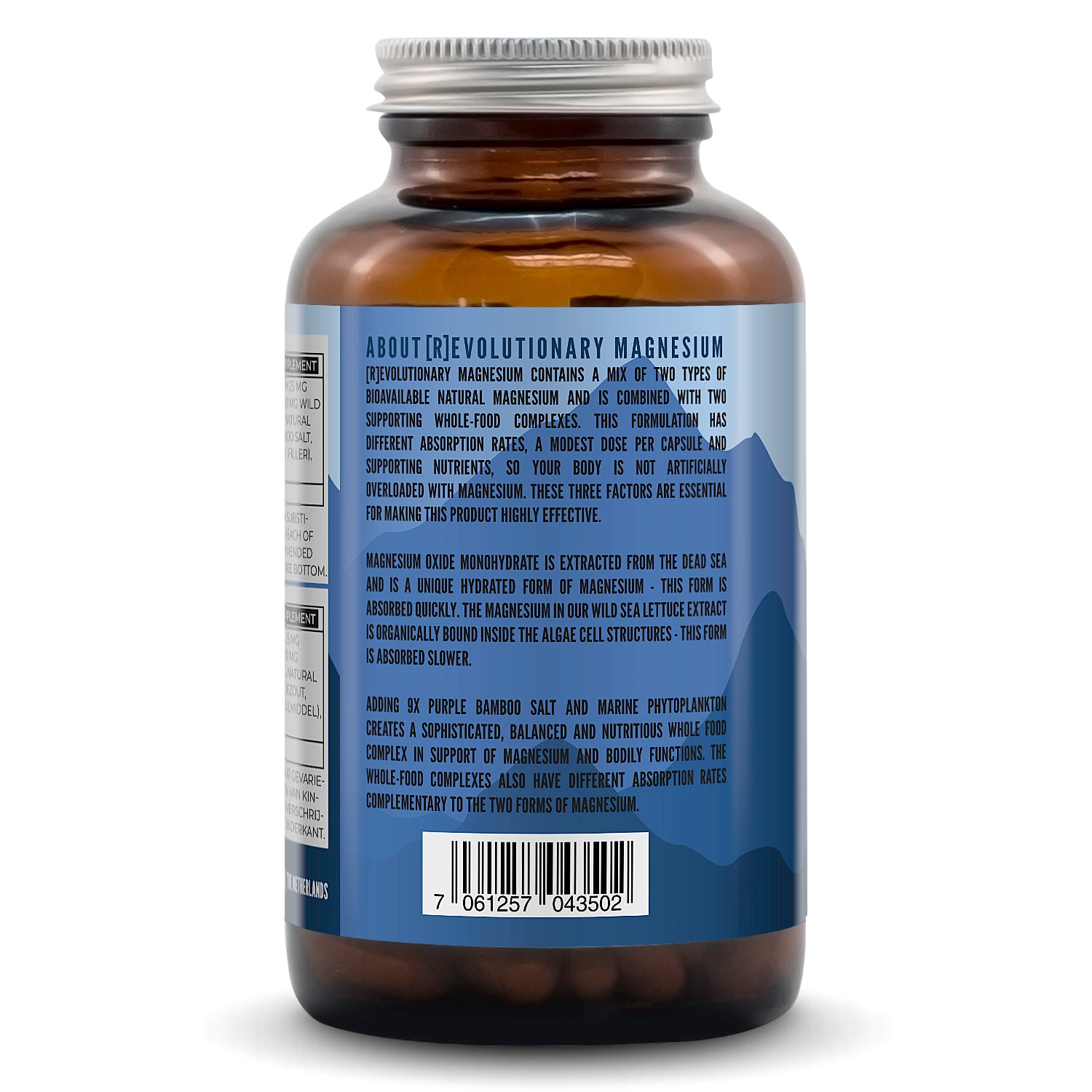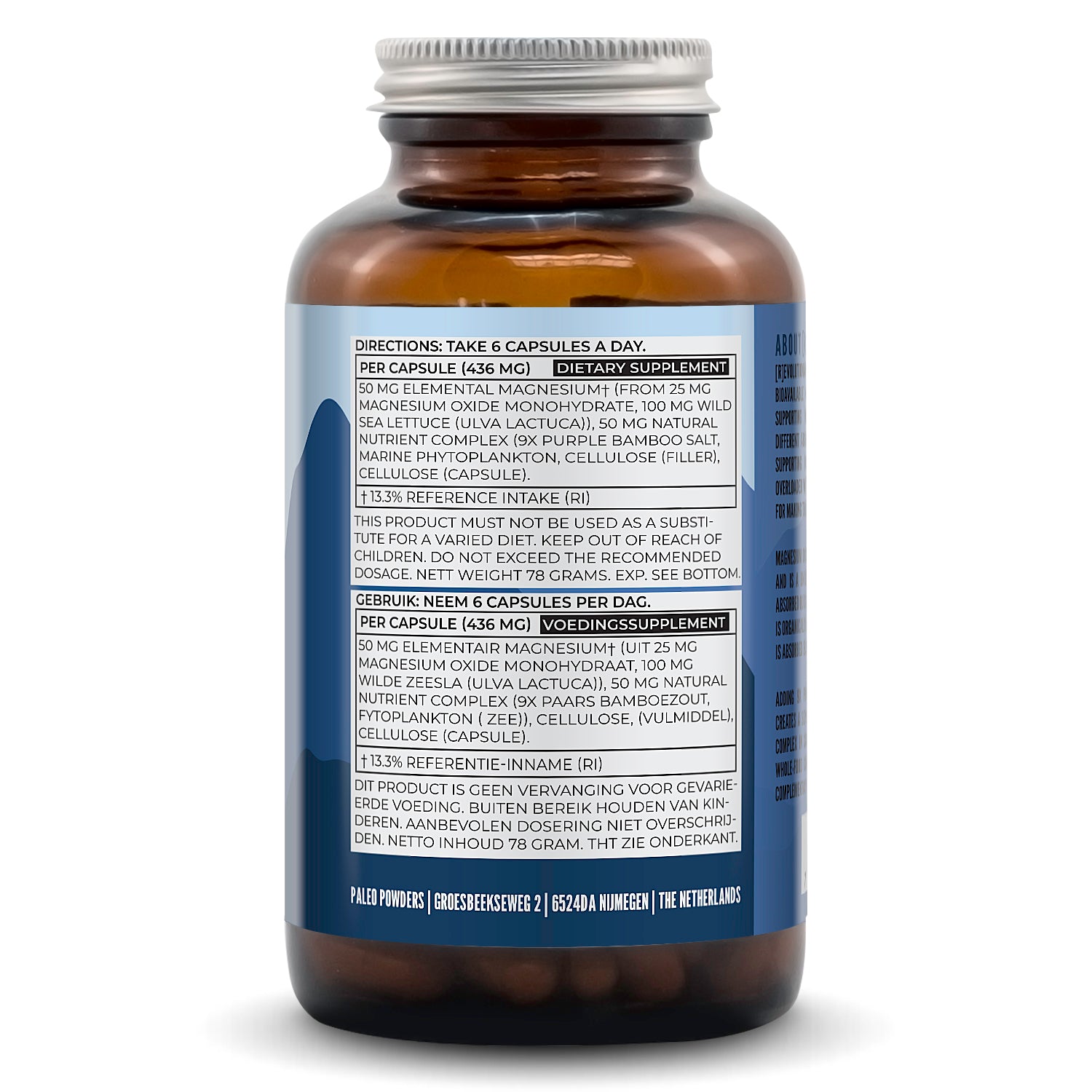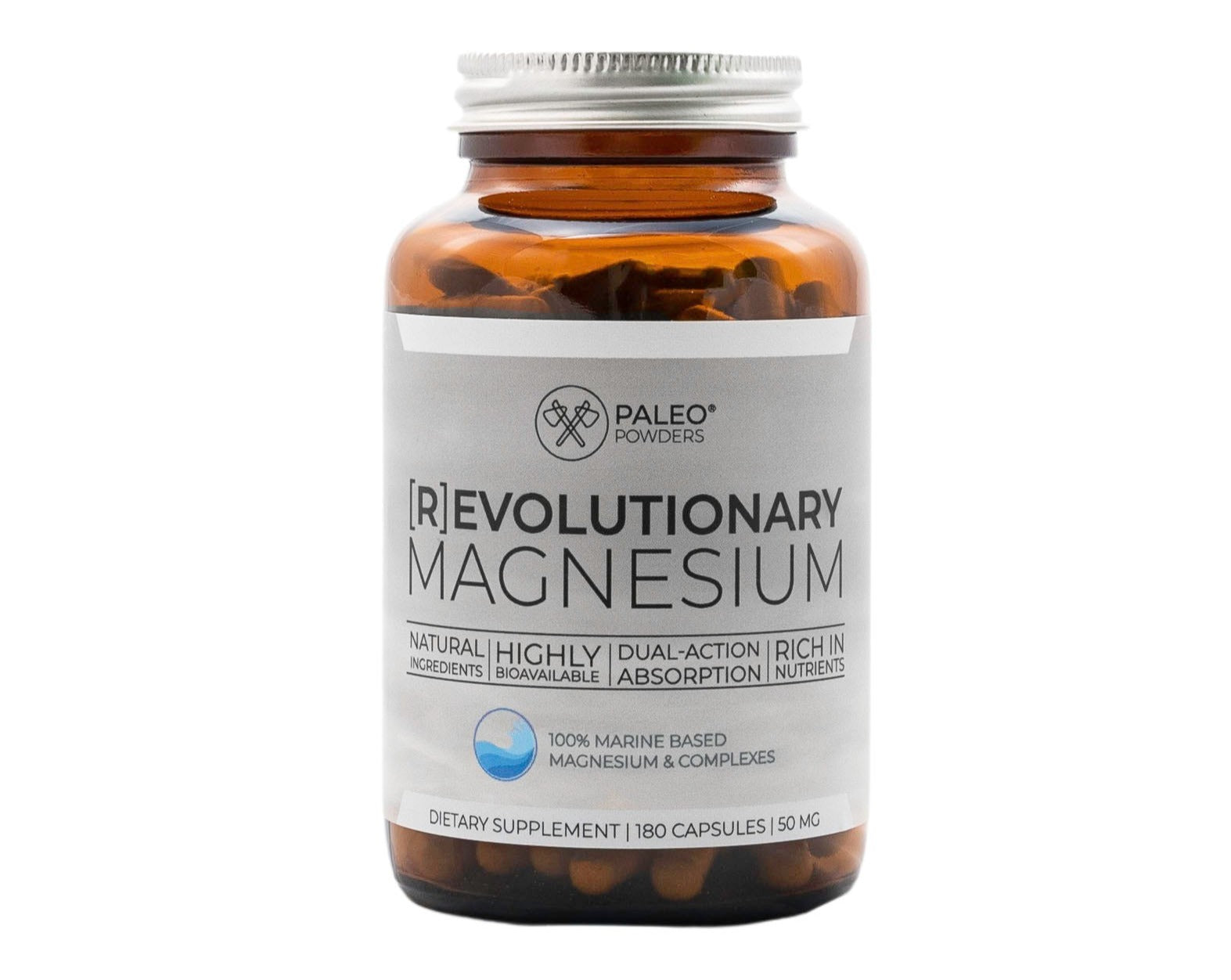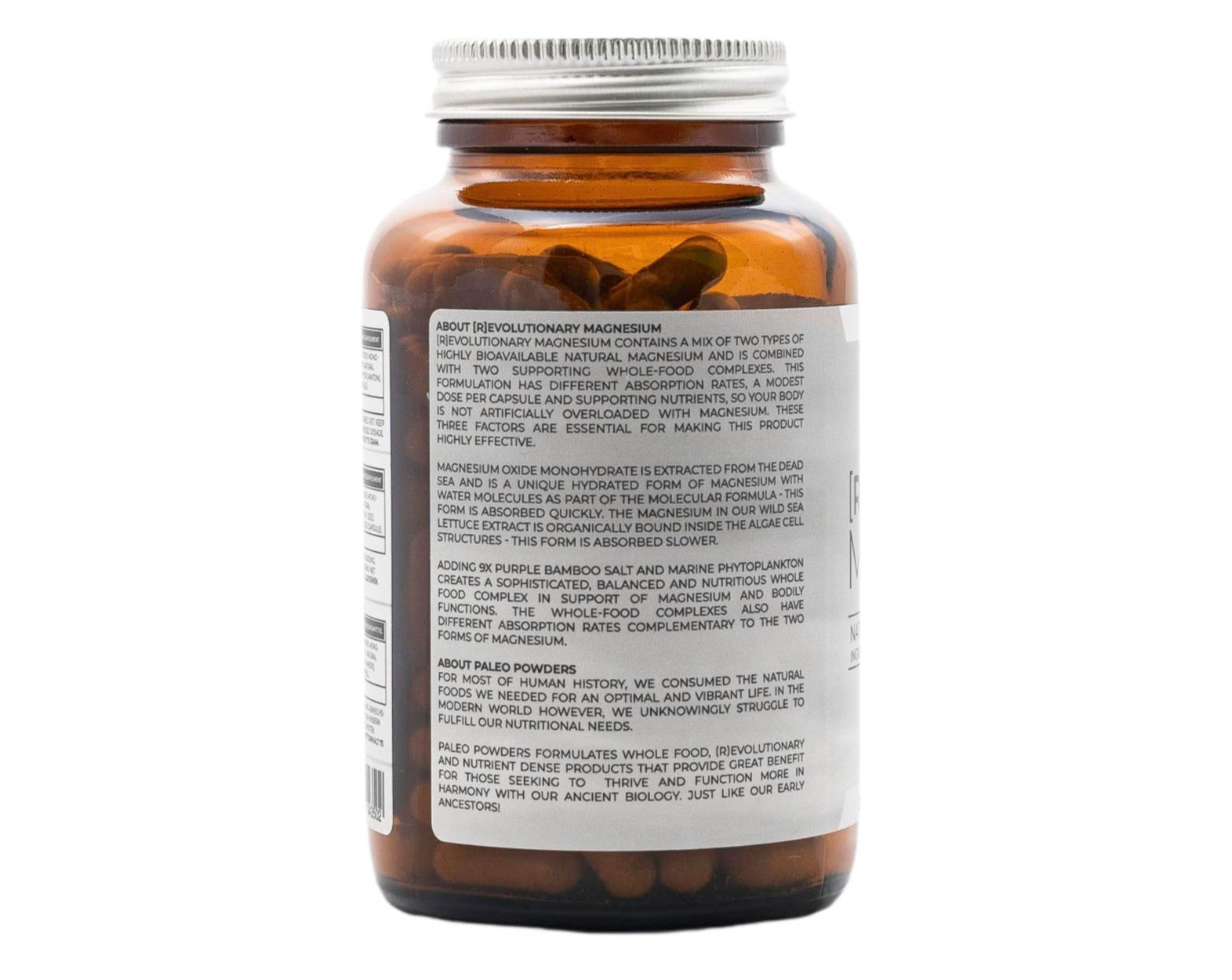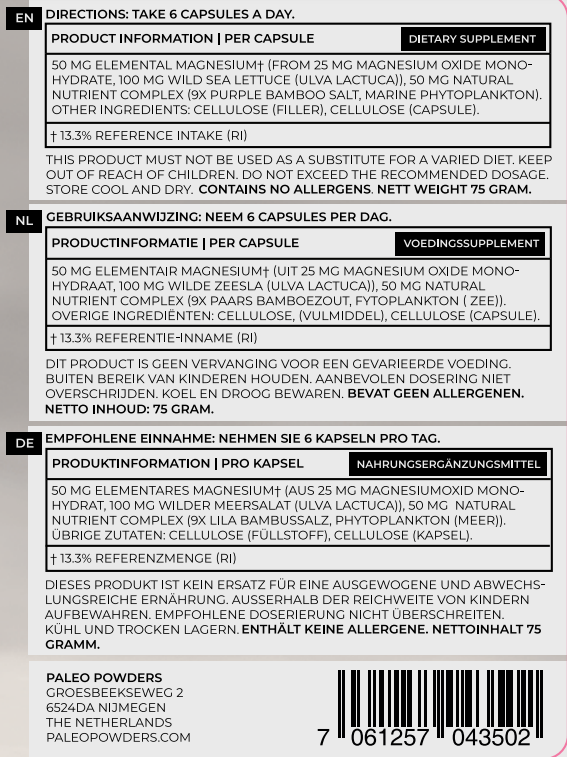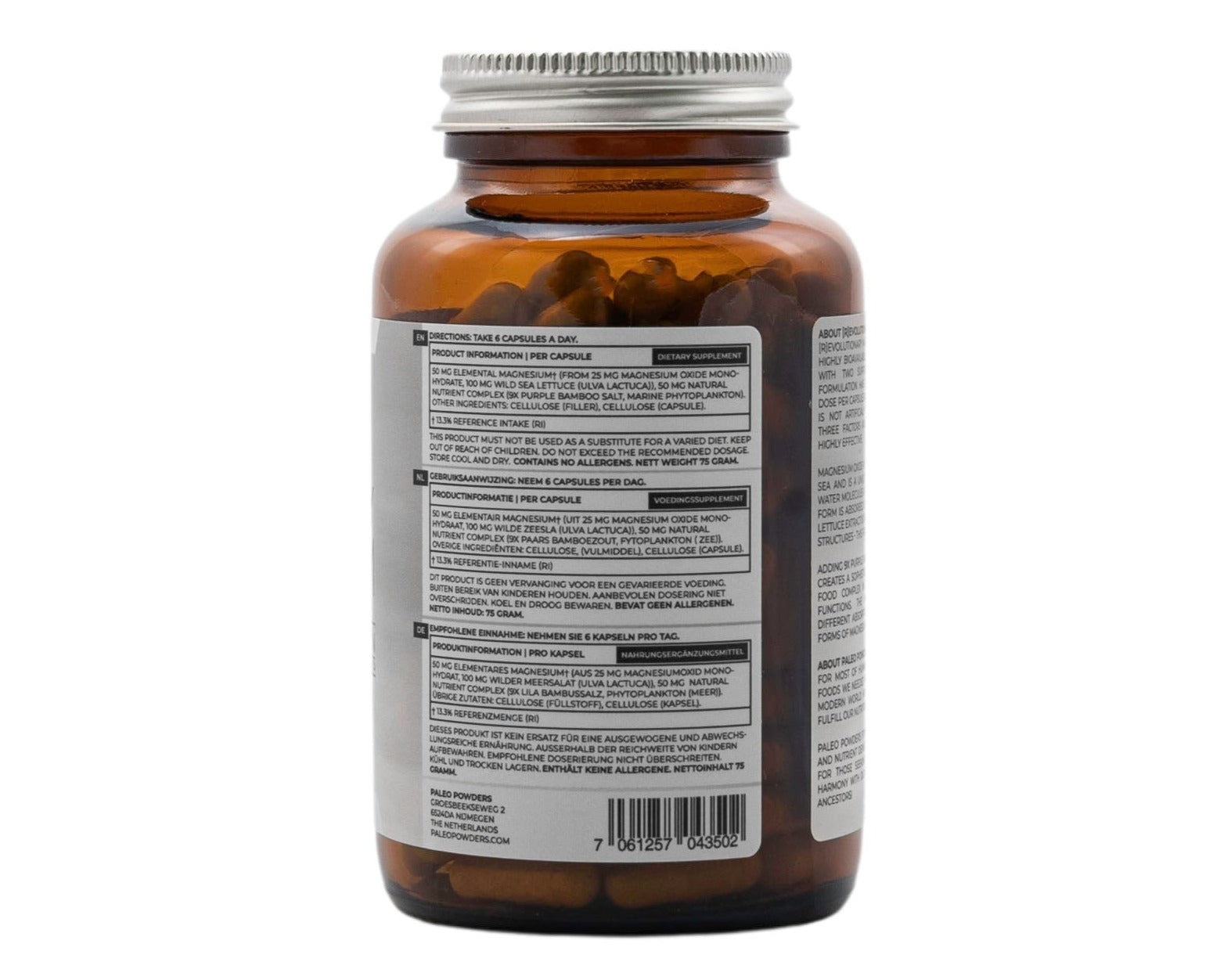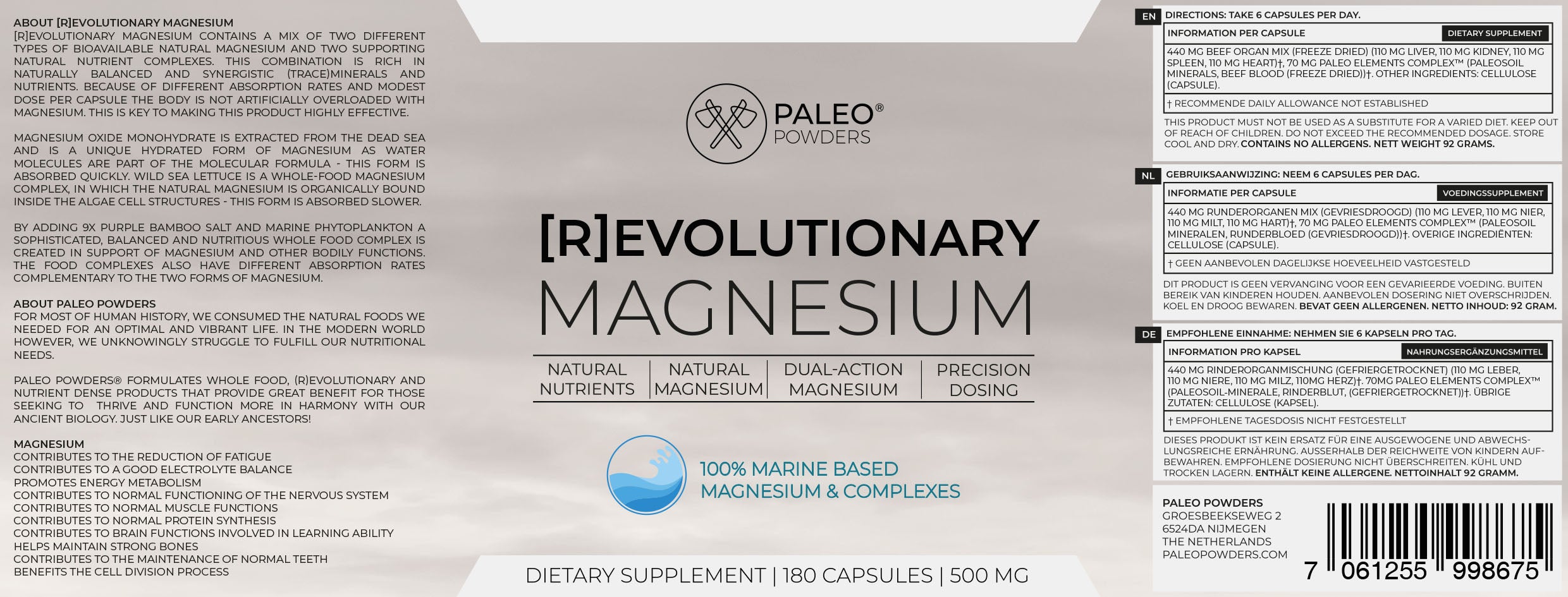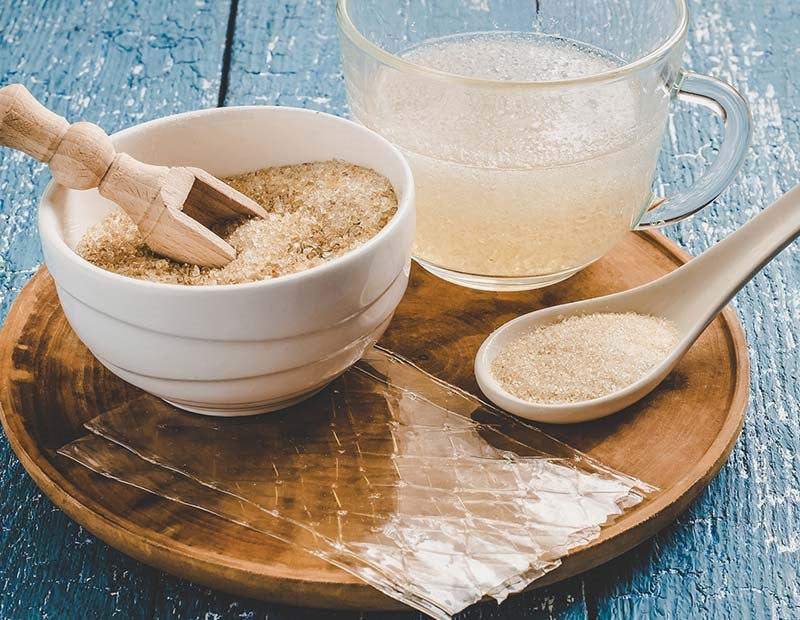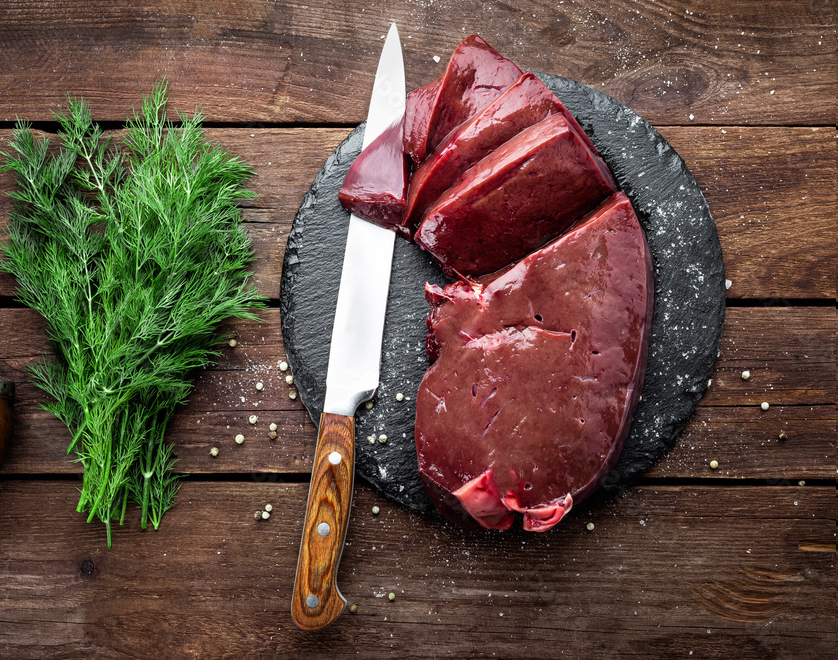
Is eating liver good for you?
Is eating liver good for your body? Simple answer: yes. Organ meats such as liver, heart and kidneys are real superfoods for your body. They are full of vitamins and minerals and are one of the most nutritious food sources available!
We are in favor of nose-to-tail eating, i.e. eating all parts of the animal, including the organs.... often these parts contain the most nutrients. This is why ancient ancestors loved to drink bone broth, consume collagen and eat bone marrow including organ meats!
The history of offal - eating nose to tail
Our ancestors have always consumed bones, organs, tendons and other connective tissue and used them to make bone broth, for example. Due to its high nutritional value and to ensure that no valuable food was lost. It was the way our ancestors ate. Times made it necessary because they couldn't afford to waste any part of the animal.
In fact, eating the whole animal, including its organs, gave early homo sapiens the nutrients they needed to promote the rapid growth of their own brains. So eating from nose to tail has greatly helped the next step in evolution towards modern humans!
With the introduction of the industrial revolution, modern agriculture and supermarkets, people have started to think more easily about their food. Nowadays, most people prefer to eat lean muscle meat over really nutritious organ meat, we exercise less and less and we often no longer expose ourselves sufficiently to natural elements such as cold and sunlight!
But our health would benefit if we went back to the way our ancestors ate and included eating organ meats back into our diets.
Eating organs such as liver has a number of important health benefits due to its high nutritional value. Liver and other organs contain more minerals, vitamins and other nutrients compared to any other piece of meat!
Weston-A-Price made the following observation of Indians, now also called natives, who lived in the Northern Canadian Rocky Mountains:
"I observed that the Indians placed great emphasis on eating the organs of the animals, including parts of the digestive tract. Much of the muscle meat of the animals was fed to the dogs. ... The skeletal remains were finely broken into bone chips or splinters to extract as much of the marrow and nutritional value from the bones as possible."
Benefits of nose-to-tail eating
The organ meats in a nose-to-tail diet contain very specific compounds that positively affect the corresponding organs in our own bodies. The Native Americans of North America and other traditional peoples believed that eating the organs of a healthy animal supports the health of the same organ in our own bodies. For example, bovine brain provides several brain nutrients such as phosphatidylserine and several other brain-boosting peptides. Beef kidneys contain rare amino acids that can make it easier for our own kidneys to do their job. And beef heart provides an abundance of B vitamins that have a positive effect. Taking these B vitamins supports heart health.
Is eating beef liver good?
Organ meats such as liver are considered one of the most nutritious parts, why is that?
Liver contains many B vitamins, 100 grams of beef liver contains the following vitamins on average:
- vitamin B12
- riboflavin B2
- niacin B3
- folic acid B9
- vitamin B6
- thiamine B1
Valuable source of natural heme iron
Liver is a rich source of iron. In a 100 gram portion of beef liver you will find an average of 36% of your daily dose of iron. Your body uses iron to make hemoglobin, a protein found in red blood cells.
Liver is full of minerals & vitamins
There are a number of important vitamins and minerals present in liver.
Selenium : Beef liver contains an average of 52% of the daily selenium
Vitamin C: Liver contains approximately 2 milligrams of vitamin C
Phosphorus : Beef liver contains 50% of the daily amount of phosphorus
Choline : essential for normal brain function. In particular, choline is essential for the production of acetylcholine, an important neurotransmitter.
Liver does not store toxins
This is a common misconception. The liver is often described as an organ that "filters" the toxins from your blood. In reality, the liver is completely safe for consumption and does not contain a higher concentration of toxins than the rest of the body.
This is due to the fact that your liver is not a "filter" per se, but more of a processing factory of sorts, which defuses toxins and transports them out of your body. Which means, the cleaner the cattle eat, the cleaner the organs will be! That is why it is important to choose products of traceable origin and from grass-fed cattle and where quality comes first.
Paleo Powders® markets organ supplement products of the best quality. Our products are carefully chosen and come from grass-fed cattle from New Zealand or Europe. This is reflected in the quality of the animal meat and in the organ supplements from Paleo Powders®. Because the ingredients are freeze-dried raw, nutrients such as vitamins, minerals and cofactors are preserved in the highest possible concentrations. The supplements are carefully formulated and tested and therefore contain no pesticides, hormones or fillers.


